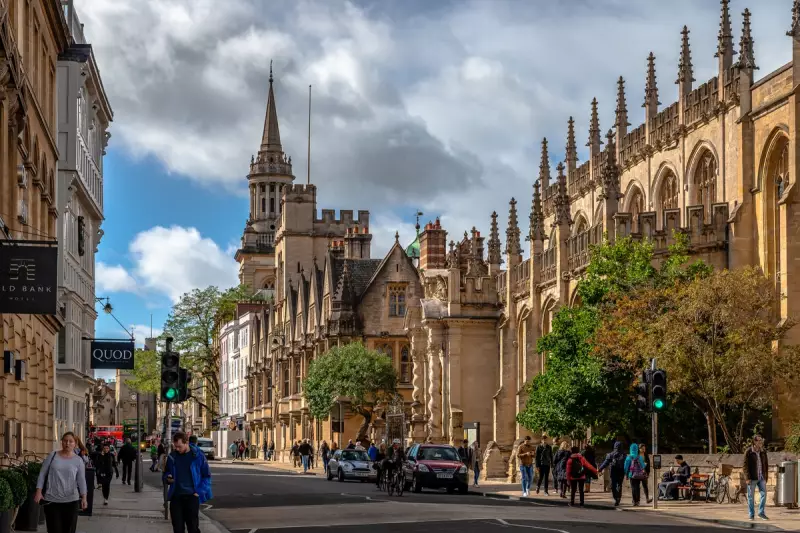
Oxford is poised to introduce one of the most stringent traffic management schemes in the UK, with new data revealing the potential for eye-watering daily costs for drivers. The city's controversial 'traffic filter' system could see motorists paying a staggering £70 per day to access the historic city centre.
The scheme, a joint initiative between Oxfordshire County Council and Oxford City Council, is designed to drastically reduce traffic congestion and improve air quality. However, it has ignited a fierce debate about the economic impact on local businesses and the freedom of movement for residents and visitors alike.
How Will the Oxford Traffic Filters Work?
Unlike a traditional London-style congestion charge, Oxford's system will use automatic number plate recognition (ANPR) cameras to enforce six 'traffic filter' points on key roads into the city centre. Private cars will be permitted to pass through these filters for a limited number of days per year without charge.
However, the crux of the controversy lies in the proposed penalties. Drivers who exceed their annual allowance or do not have a permit will be slapped with a fine. The council's own analysis, obtained through a Freedom of Information request, confirms that these Penalty Charge Notices (PCNs) could be set as high as £70, with the possibility of the charge being applied multiple times a day for re-entering the zone.
A Divided City: Support and Backlash
Proponents of the scheme argue it is a necessary evil to tackle chronic congestion and meet ambitious carbon emission targets. Councillors highlight the benefits of a cleaner, quieter city centre with improved public transport and cycling infrastructure.
Yet, opposition is vocal and widespread. Local business owners fear the charges will deter customers, crippling trade at a time when high streets are already struggling. Motoring groups have condemned the plan as a "stealth tax on drivers" that will disproportionately affect low-income workers, tradespeople, and those living in surrounding villages who rely on their cars.
The councils have emphasised that the scheme is still in a consultation phase and that the final charge level has not been confirmed. A spokesperson stated that the £70 figure is a "worst-case scenario" for a maximum penalty and that discounts for prompt payment would be available.
As the debate rages on, all eyes are on Oxford, whose decision could set a precedent for other cities across the UK considering similar measures to control traffic and pollution.





